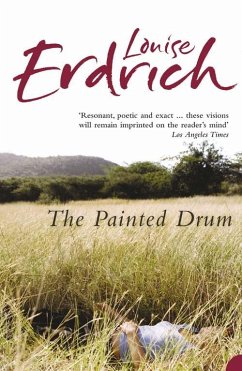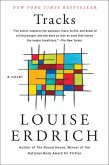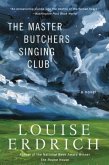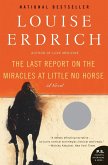From the winner of the National Book Award for Fiction, 2012 comes this elegantly crafted novel that explores the strange power that lost children exert on the memories of those they leave behind
When Faye Travers is sent to appraise a family estate in a small New Hampshire town and comes across a forgotten set of valuable Native American artefacts, she is not surprised by the discovery. However, she is shocked when she finds a rare drum - particularly because without even touching the instrument she hears its deep resonant sound.
Following the discovery, we trace the drum's passage both backwards and forwards in time. We hear the voice of Bernard Shaawano, an Ojibwe, who tells of how his grandfather created the drum after years of mourning his younger daughter's death and how it changes the paths of those who cross it. Through Faye, we experience her anguished relationship with a local sculptor who also mourns the loss of a daughter, and witness the life Faye has made alone with her mother, in the shadow of her sister's death.
Erdich poetically captures the intricate, transformative rhythms of human grief that these losses create within her characters with grace, wit, captivating prose and surprising beauty.
When Faye Travers is sent to appraise a family estate in a small New Hampshire town and comes across a forgotten set of valuable Native American artefacts, she is not surprised by the discovery. However, she is shocked when she finds a rare drum - particularly because without even touching the instrument she hears its deep resonant sound.
Following the discovery, we trace the drum's passage both backwards and forwards in time. We hear the voice of Bernard Shaawano, an Ojibwe, who tells of how his grandfather created the drum after years of mourning his younger daughter's death and how it changes the paths of those who cross it. Through Faye, we experience her anguished relationship with a local sculptor who also mourns the loss of a daughter, and witness the life Faye has made alone with her mother, in the shadow of her sister's death.
Erdich poetically captures the intricate, transformative rhythms of human grief that these losses create within her characters with grace, wit, captivating prose and surprising beauty.
'The author knows how to spin a good yarn ... Full of poetic writing and a passionate indignation on behalf of the dispossessed, this novel shows the author at her best.' The Times
'Erdrich handles the shift in pace beautifully. The world she portrays is harsh, with death from smallpox or starvation giving way to the oppressions of poverty and alcoholism. But such is the unsentimental poetry of Erdrich's vision that it becomes a place to almost envy, too.' Observer
'Resonant, poetic and exact ... these visions will remain imprinted on the reader's mind.' Los Angeles Times
'Intricate and beautifully written.' Boston Globe
'Spare, perceptive, unsentimental.' New York Times
'Erdrich handles the shift in pace beautifully. The world she portrays is harsh, with death from smallpox or starvation giving way to the oppressions of poverty and alcoholism. But such is the unsentimental poetry of Erdrich's vision that it becomes a place to almost envy, too.' Observer
'Resonant, poetic and exact ... these visions will remain imprinted on the reader's mind.' Los Angeles Times
'Intricate and beautifully written.' Boston Globe
'Spare, perceptive, unsentimental.' New York Times









